プーシキン『モーツァルトとサリエーリ』あらすじと感想~天才が天才に抱く嫉妬の物語。ぜひおすすめしたい傑作!
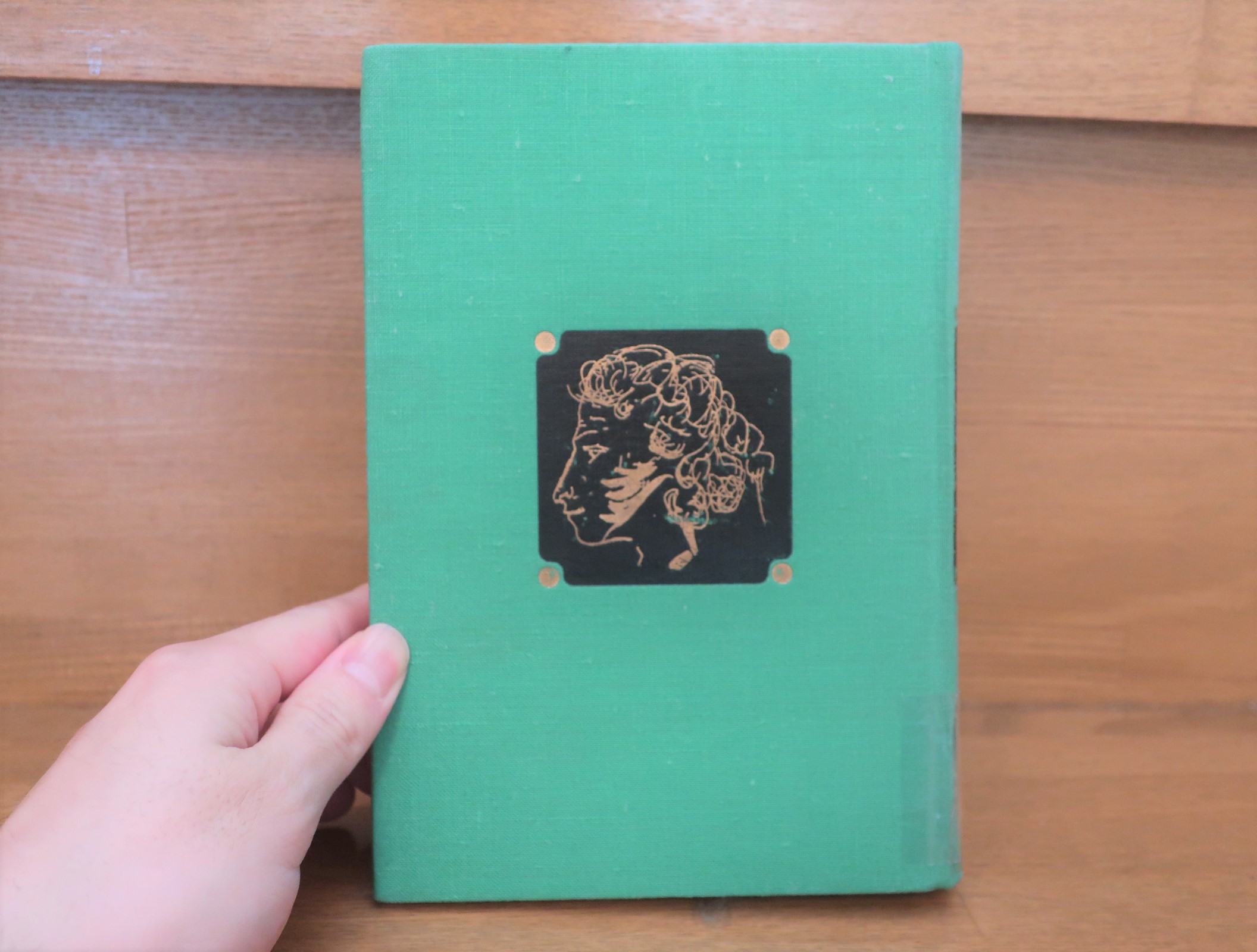
知られざるプーシキンの傑作『モーツァルトとサリエーリ』あらすじと解説
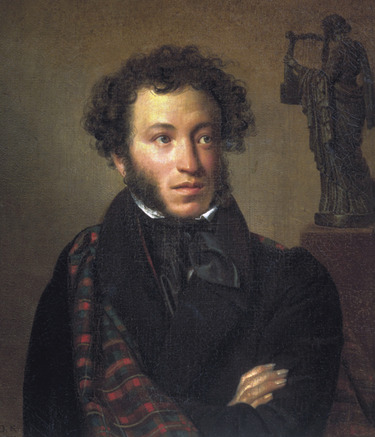
アレクサンドル・プーシキン(1799-1837)Wikipediaより
今回ご紹介するのは『モーツァルトとサリエーリ』という、プーシキンによって1830年に書かれた作品です。
私が読んだのは河出書房新社、北垣信行、栗原成郎訳『プーシキン全集3 民話詩・劇詩』所収の『モーツァルトとサリエーリ』です。
この作品について巻末に概要と解説がありましたのでそちらをまず引用します。
この悲劇のテーマは、人間を恐るべき犯罪に駆り立てる羨望、嫉妬であり、事実、原稿には「ねたみ」という仮題がつけられていた。
この主題についてのプーシキンの構想を刺戟したのは、当時ヨーロッパに流れていた、サリエーリによるモーツァルト毒殺の噂である。
モーツァルトは一七九一年に三十五歳の若さで死んだ。モーツァルトの死因については,悪性感冒、脳膜炎、粟粒疹熱、萎縮腎、リュウマチ性心疾患など、さまざまな説がある。
彼の病気については医師たちの意見が一致しなかったらしい。そして、一部にはサリエーリによる毒殺説が噂されていた。モーツァルトより六つ年上のサリエーリは一八二五年に七十五歳で死んだが、その晩年は精神錯乱におちいり、臨終懺悔においてモーツァルト毒殺を告白した、と言われている。
モーツァルトとサリエーリの両者を知る同時代人のいく人かはこの犯行の可能性を否定し、後代の音楽史家やモーツァルトの伝記作家もこの説をとらないが、当時はかなり信憑性のある伝説であったらしい。
河出書房新社、北垣信行、栗原成郎訳『プーシキン全集3 民話詩・劇詩』P617
※一部改行しました
この作品はサリエーリという才能ある優れた音楽家が、天賦の才を持つモーツァルトに嫉妬し、毒殺するという内容です。サリエーリは実在の人物で、映画『アマデウス』によって現代でも知られるようになりました。
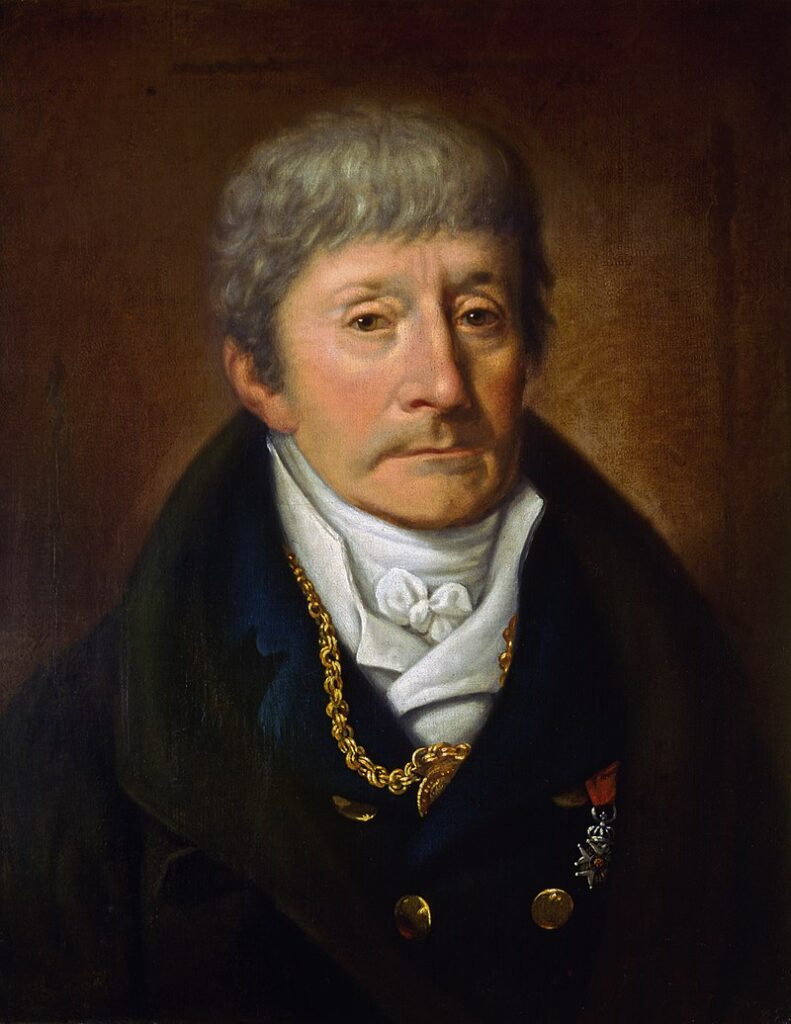
サリエーリは人生の全てを音楽に捧げ、それこそ血のにじむような努力を重ね、今も生みの苦しみを抱きながら作曲を続けています。
そんなサリエーリにとって圧倒的な才能で軽々と傑作を生み出していくモーツァルトがどうしても憎らしく思えてきます。
プーシキンはこの圧倒的天才に対する嫉妬をテーマに『モーツァルトとサリエーリ』を書き上げていきます。
プーシキンは『テーブル・トーク』のなかでシェイクスピアのオセロの性格を分析し、「オセロは生まれつき嫉妬ぶかいのではない―それとは反対に、彼は他人を信じやすいのである」と述べている。
プーシキンは自分の「小悲劇」のサリエーリの性格についても、それと同じような複雑な心理分析を加えている。
サリエーリがモーツァルトを妬むのは、彼が生まれつき羨望漢であるからではない。彼は「いまだかつてわたしは羨望なるものを知らなかった」と独白する。
彼のモーツァルトにたいする特別の感情は、芸術の道を究めんとする努力の過程の、苦しい意識のなかから生じてくる。才能に恵まれ、優れた音楽家であるサリエーリは、モーツァルトの卓絶した才能とその芸術の偉大さを、誰よりも強く意識する。
しかし、サリエーリは,『吝嗇の騎士』の老男爵と同様に、自分の劣等感を素直に認めることができず、それを別な、より高尚な感覚でつつみ、正当化しようとする。
サリエーリは、自分のモーツァルトにたいする憎悪の感情が、この天才作曲家が音楽にたいする真剣さのない、軽薄な態度をとる(―天才の天衣無縫、有翼天童のような無邪気さ、自由奔放は、羨望者の目にはこのようにしか映らない)ことによってこの芸術を冒潰していることから、生じている、と自分に言いきかせる。
モーツァルトはサリエーリにとって「たわけ者、無為の蕩児」、「楽天家の敵」である。そして、サリエーリは、そのような人間に「神聖なるべき天分、朽ちることなき才幹」が与えられて、自分におけるような、芸術にたいする「燃え立つ愛、献身、労苦、熱意、祈願」にたいして与えられていないことで、運命を呪い、神にたいしてつぶやくのである(「人はみな、地上に正義はない、と言う。/しかし、天上にとて、正義はない」)。
河出書房新社、北垣信行、栗原成郎訳『プーシキン全集3 民話詩・劇詩』P618
※一部改行しました
サリエーリも天才です。そして彼はモーツァルトを知るまでは嫉妬を知らなかったのです。ここが重要です。
この悲劇は単なる凡人が天才を嫉妬するという次元の話ではないのです。
天才でありながら真摯に音楽に向き合い、身を捧げて生きているサリエーリがそれをはるかに超える圧倒的天才を前にしたときの嫉妬なのです。
しかも傍から見ればモーツァルトはサリエーリのようなストイックな努力など全くしていないように見えるのです。対して苦労もせず、気ままに、いとも簡単に圧倒的な傑作を生みだしてしまう。
音楽に命を捧げている捧げているサリエーリにはそれが断じて許せないのです。
アンリ・トロワイヤの『プーシキン伝』には次のように書かれています。
モーツァルトの方は、その作業は驚くべき容易さで展開され、仕事の苦労や疑いや失敗や羨望などというものはまったく知らぬげに見える。モーツァルトは、非常に澄みきっていて、非常に楽しげで、非常に上の空なので、サリエーリが抱いているような芸術上の誠実さに対するひどい侮辱とも言うべきである。モーツァルトという人間こそが、サリエーリに対する個人的な侮辱なのである。サリエーリはモーツァルトを嫌悪しながら、感服している。彼は、モーツァルトの天才は神の不正のなせる業であると考える。
いったいどこに正義はあるのか、おお神よ!才能が、
アンリ・トロワイヤ『プーシキン伝』篠塚比名子訳 水声社P496
不滅の天才が、芸術への情熱と自己犠牲や
労苦や努力や絶えざる祈りに
栄誉を与える代わりに
非常識な男、お祭り好きの男、のらくら者のひたいを天から照らしに
やって来るとは?……ああ、モーツァルト!モーツァルト!
そしてサリエーリはついにモーツァルトの殺害を決意します。
だめだ!これ以上、わたしは自分の運命に
河出書房新社、北垣信行、栗原成郎訳『プーシキン全集3 民話詩・劇詩』所収『モーツァルトとサリエーリ』P384-385
逆らうことはできない。わたしは、彼の歩みを阻止するために、
選ばれた者なのだ。さもないと、われわれはみな破滅してしまう。
われわれ、音楽の祭司、しもべは、みな、ほろびる、
名声芳しからぬわたしひとりの問題ではなく……
よしんばモーツァルトが生きながらえて、なお
新しい高みに達したとしても、それが、いったい、なんの役に立つ?
それによって彼が芸術を高めるのだろうか?いや、ちがう。
彼はわれわれに後継者を残すこともない。
あの男になんの益がある?右翼天童のように、
天来の妙なる歌のいくつかをわれらのもとにもたらしはしたものの、
それは、塵の子にすぎないわれわれのこころのうちに
翼なき望みをかきたてたまま、自分は飛び去っていくためのことにすぎないのだ!
それならば、いっそ、飛んでゆけ!早ければ早いほど良い。
サリエーリは自らの嫉妬を自らに課された運命と感じ始めます。「圧倒的天才は殺さなければならない。多くの人のために、誰かがやらなければならない。それが私だ。私は選ばれた存在なのだ」という思想にまで突き進みます。
彼はモーツァルトのコップに毒薬を注ぎ、何も知らぬモーツァルトはそれを飲み干します。くしくもその直後、モーツァルトができたばかりの新曲「鎮魂曲」を演奏し、二人は別れます。
そしてサリエーリはひとりになり、こう独白します。
君は永遠の眠りにつくのだ、モーツァルト!だが、彼の言ったことは正しいのだろうか?
河出書房新社、北垣信行、栗原成郎訳『プーシキン全集3 民話詩・劇詩』所収『モーツァルトとサリエーリ』P394-395
そして、わたしは天才ではないのか?天才と悪行とは
二つの両立し得ない事柄だとさ。そんなはずはない。
それなら、あのミケランジェロはどうなるのだ?それともあのことは、
愚鈍で、無分別な大衆の作り話で―
ヴァチカン宮殿の建造者は人殺しではなかったのか?
こうしてこの悲劇は幕を閉じます。
プーシキンは、モーツァルトに多くを語らせていないが、その明るさ、友情、信頼によってサリエーリとのみごとなコントラストを創りなしている。しかし、モーツァルトは、死が確実に近づいていることを予感し、その軽妙酒脱な会話のうちに、死神が自分の思わぬ近辺にいることな何度かサリエーリに暗示している。
この「小悲劇」においてモーツァルトは多くを語らないと言ったが、その代わり、彼の作曲になる音楽が特別な役割を果たすことになる。音楽は三度演奏される。一つは、老人のヴァイオリン弾きの奏でる『ドン・ジョヴァンニ』のアリア(あるいは『フィガロの結婚』の一部も)。二つは、恋愛、友情のなかにも死の影が現われるというピアノ曲。三つは、毒を飲まされたモーツァルトが自分の弔いのために演奏する『鎮魂曲』である。
河出書房新社、北垣信行、栗原成郎訳『プーシキン全集3 民話詩・劇詩』P619
プーシキンはモーツァルトにあまり語らせませんが、その代わり楽曲をこの作品に挿入することで物語の効果を上げているそうです。
youtubeにその音楽がありましたのでここに掲載します。
『レクイエム』はテレビや色んな場で聞いたことがある部分が多く、あぁこの曲がそうだったのか!と驚きました。
そして大音量で聴くとやはり圧倒されます。自然と身体が動いてしまうような・・・『結婚できない男』の阿部寛さんが自分の部屋で夢中になって音楽を聴いてるのもなんとなくわかるような気がしました(笑)
一度フルオーケストラで超一流の演奏を生で聴いてみたいなと思ったのでありました。
さて、ここまで『モーツァルトとサリエーリ』を紹介してきましたが、正直私にとってこの作品がプーシキン作品の中で最も好きな作品かもしれません。
何がいいと言われると案外これが難しいのですが、「嫉妬」という感情は私達にもものすごく身近で、しかも私たちの心を狂おしいまでに痛めつけてやまない感情です。それを芸術の域にまで高めたこの作品は異様に私の心に刺さってきました。
そしてプーシキン作品の特徴であります簡潔で流れるような文体のおかげですいすい読めてしまうという圧倒的な読みやすさ。
分量も短く、何度も何度も繰り返して読んでもまったく苦になりません。だからこそ中毒のように何度も何度も読みたくなってしまいます。この本が手元に来てからまだ1週間ほどですがすでにこの作品を5回以上読んでしまっています。中毒性ありです。
『モーツァルトとサリエーリ』は日本においてはマイナーな作品ですがこれは逸品です。もっと世に出てほしい作品です。とってもおすすめです。読めばわかります。プーシキンはすごいです。そのすごさをこの作品で特に感じました。
ぜひ読んで頂けましたら嬉しく思います。
以上、「プーシキン『モーツァルトとサリエーリ』あらすじ解説―天才が天才に抱く嫉妬の物語」でした。
Amazon商品ページはこちら↓
次の記事はこちら
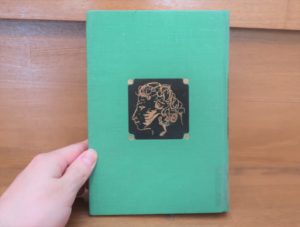
前の記事はこちら

関連記事



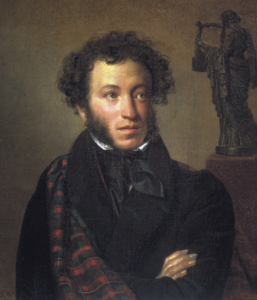

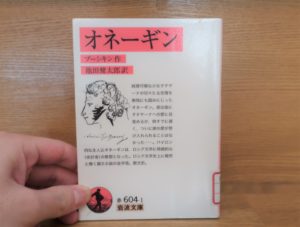

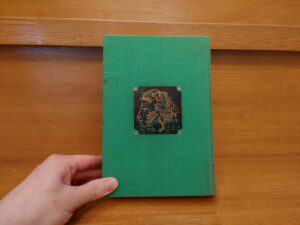




コメント